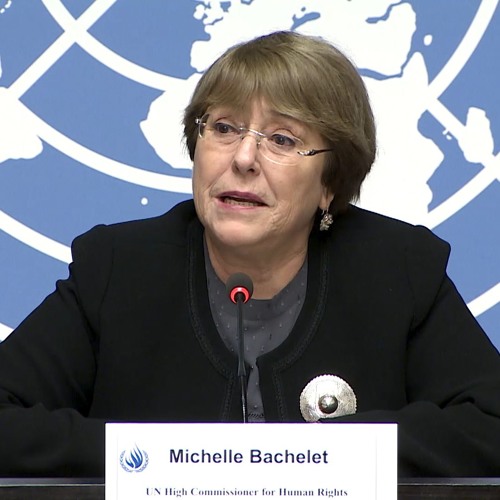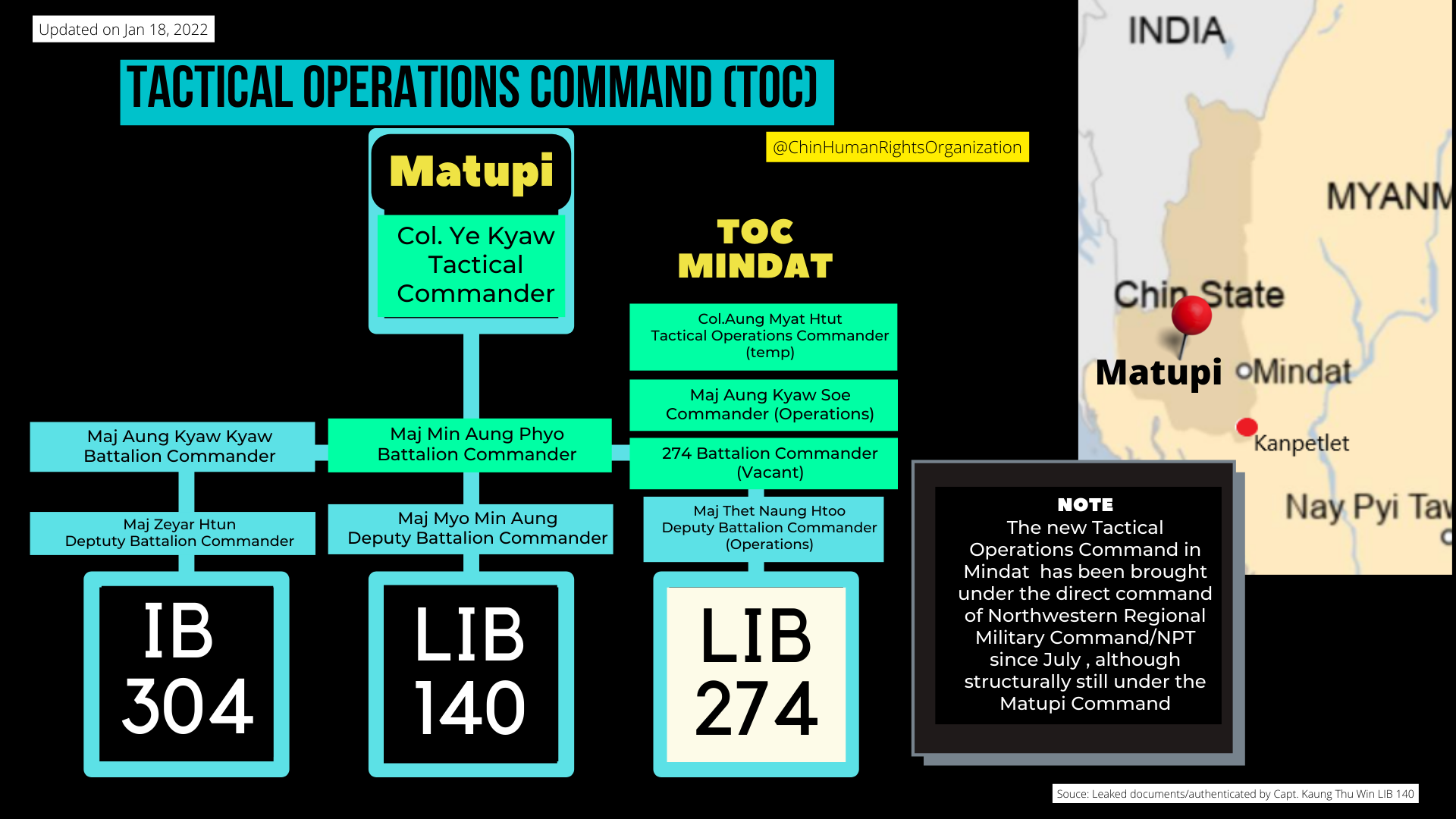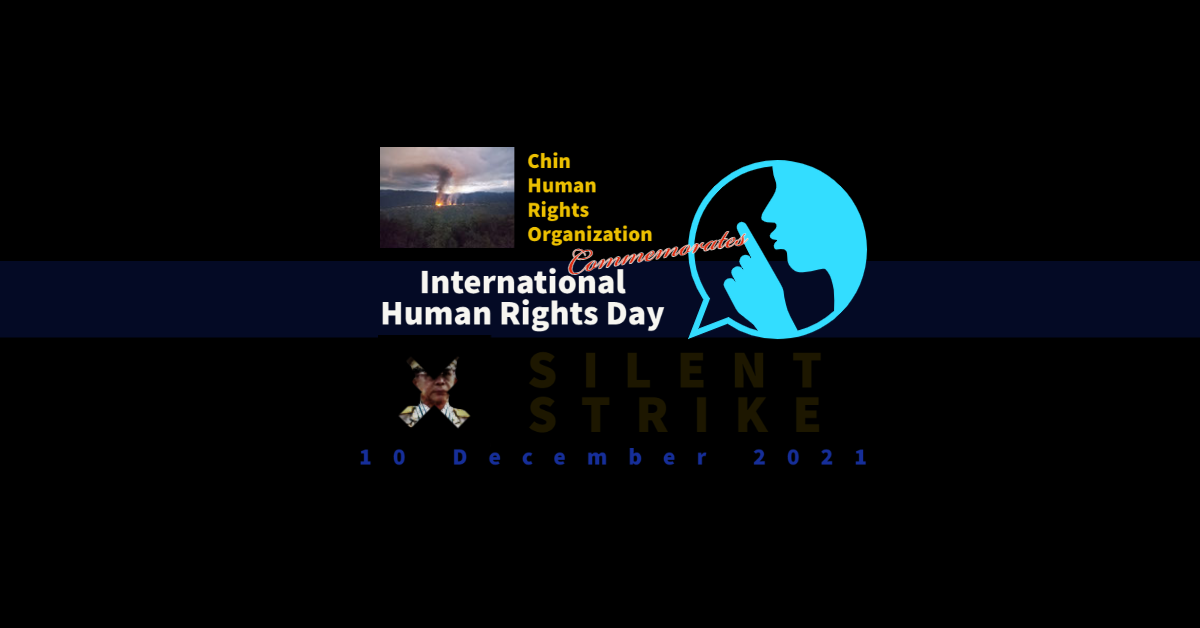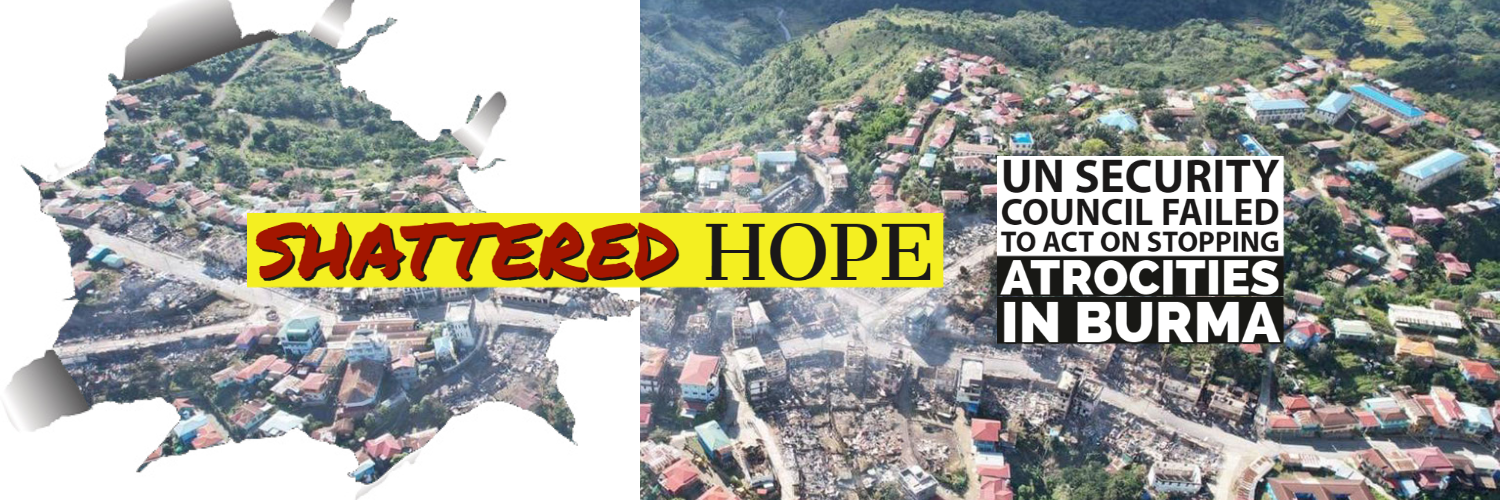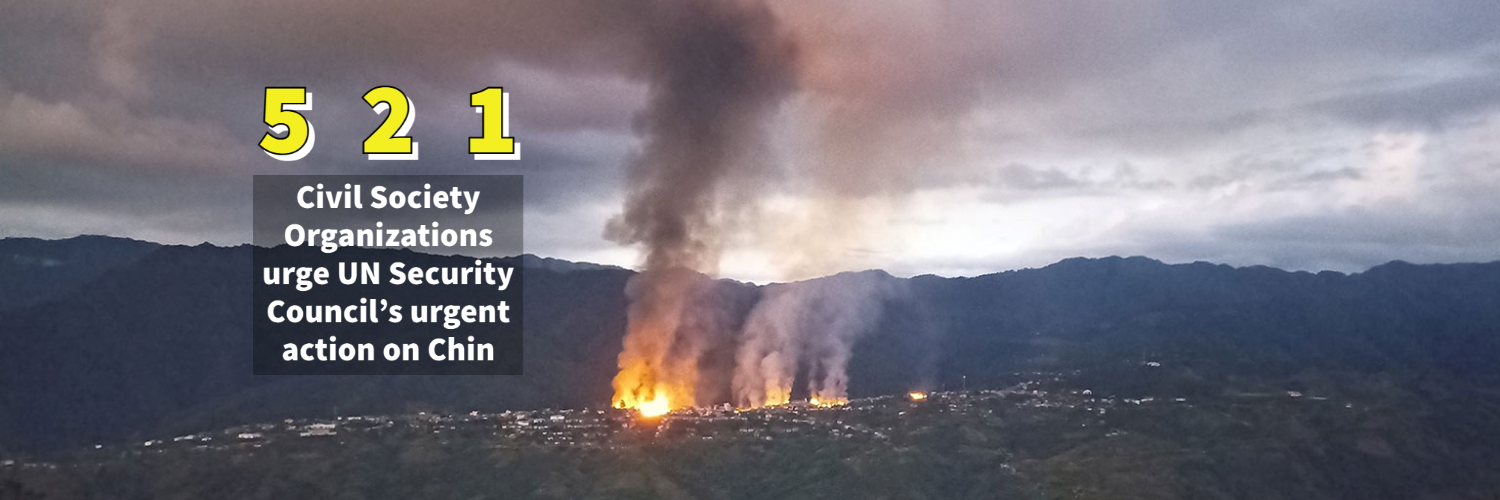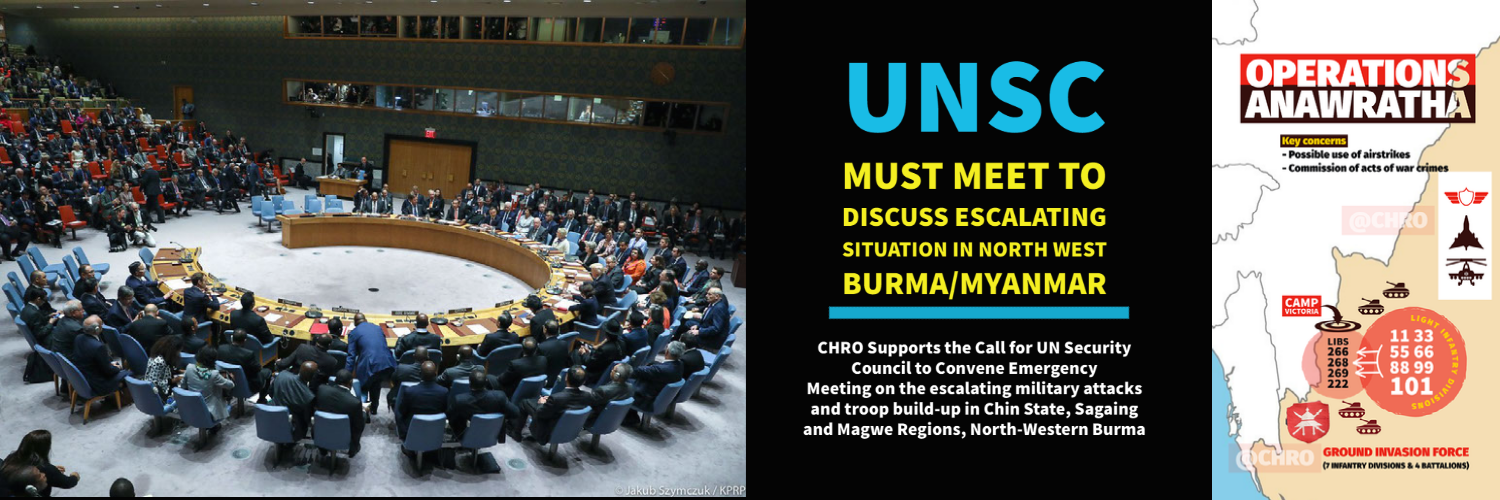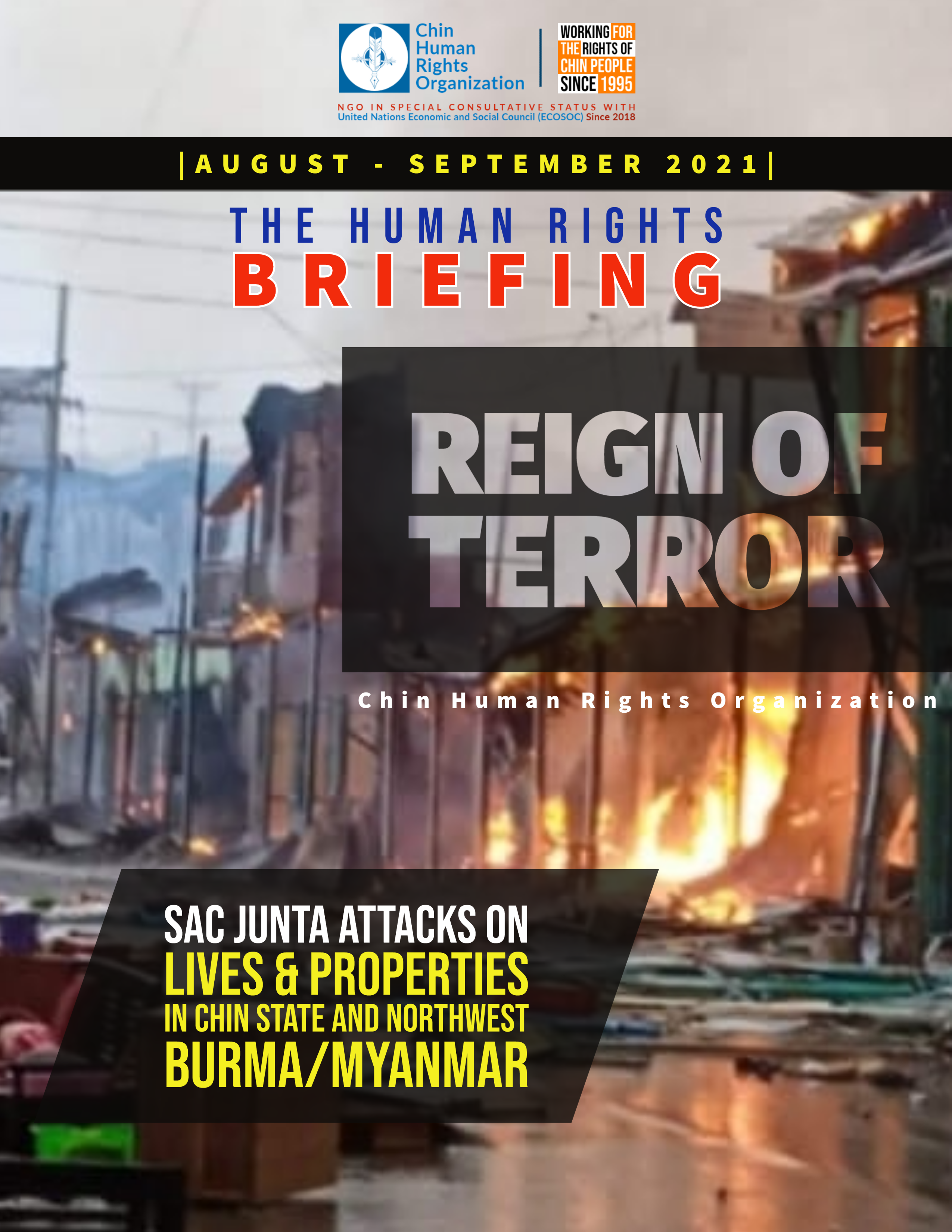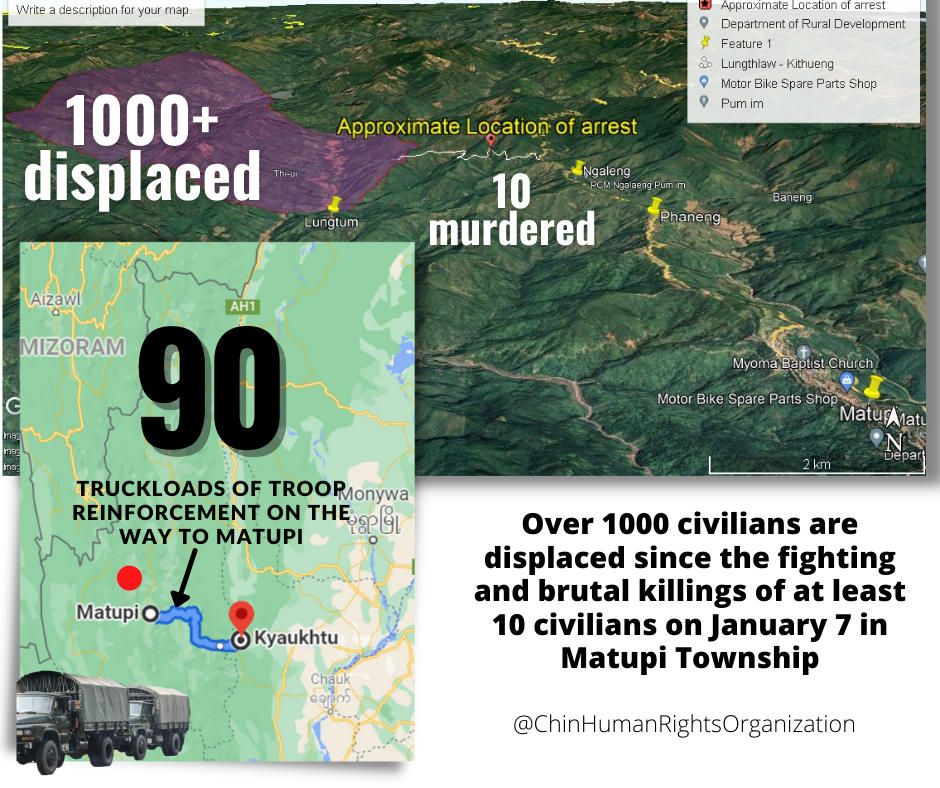
A tribute to a human rights defender killed by Myanmar’s junta
Pu Tui Dim, who was 55 at the time of his death and left behind one son, had spent his entire adult life documenting the Myanmar military’s human rights abuses. During his six years with the CHRO, he had repeatedly put his own life at risk by clandestinely travelling to dangerous areas to collect human rights data. In spite...

